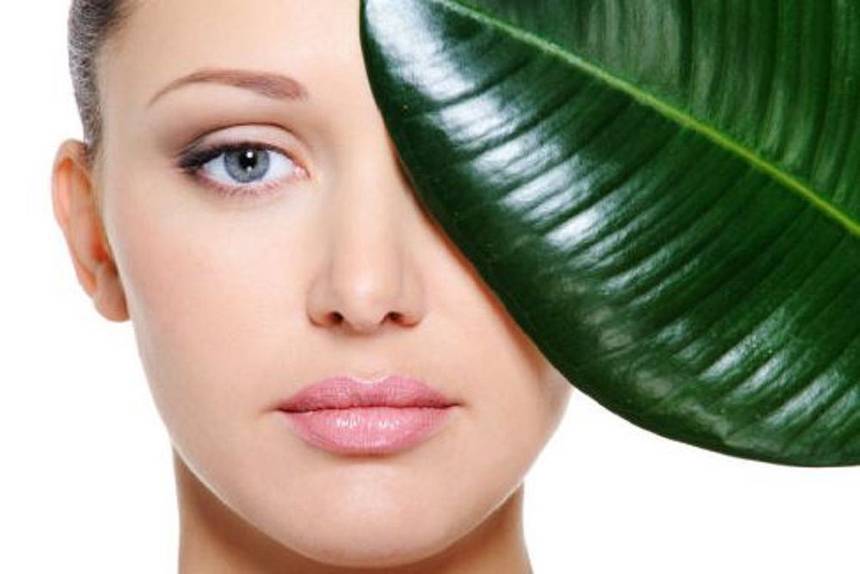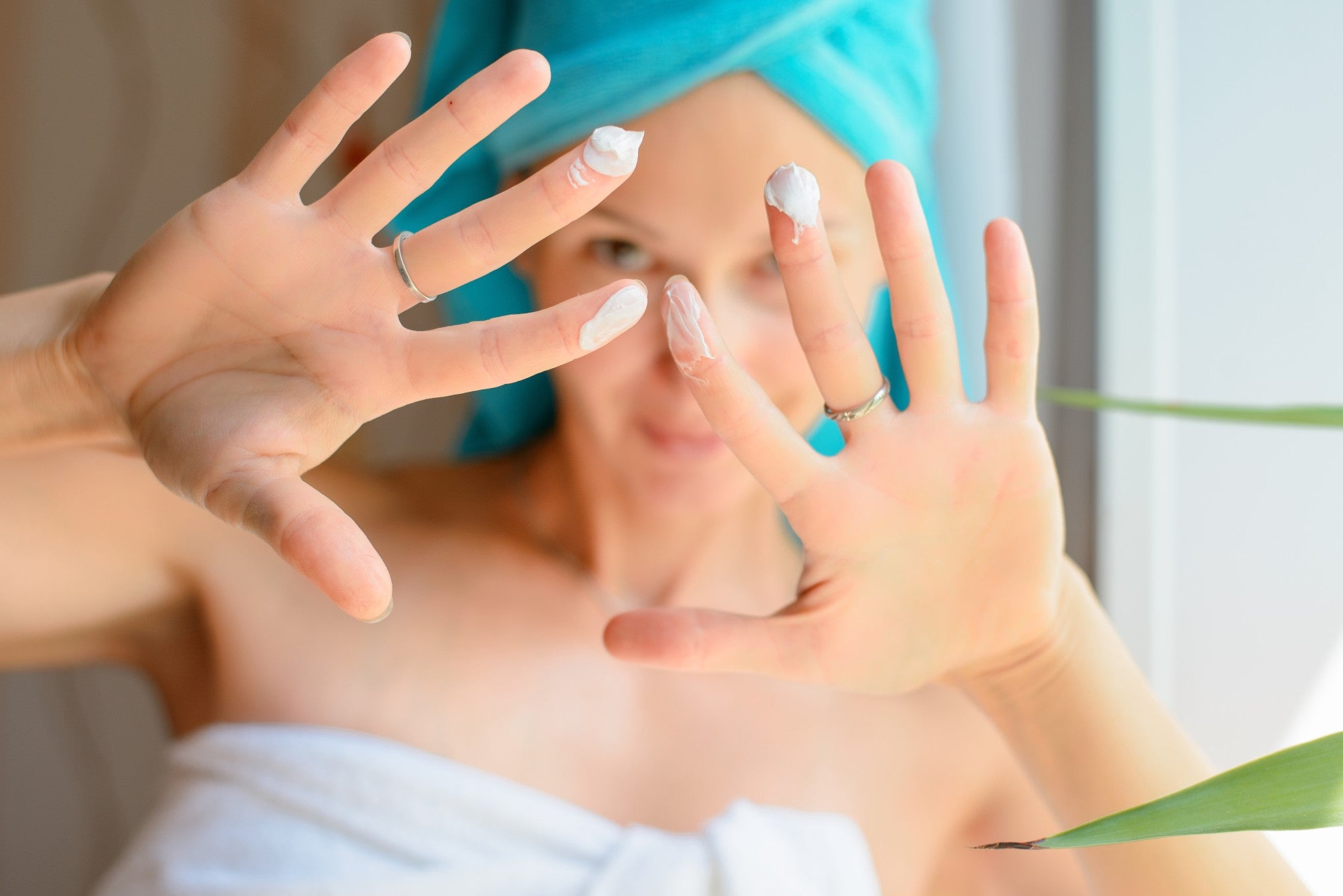
Switching to a Natural Skincare and Beauty Routine: A Beginner’s Guide
Once you realise that your skin is busily absorbing everything you rub into it, it’s likely you’ll start reading ingredient labels on skincare products. When you see lists of science-laden words, you can be pretty certain that the product is not naturally derived.
Skincare companies often include preservatives, antimicrobials and antifungals and in their products to extend shelf life. However companies that specialise in natural skincare, like Okana, have found ways to preserve their products using ingredients that can be found in fruits and vegetables.
Making a conscious choice to move to a natural beauty routine will reduce the risk of your skin absorbing chemicals that are harmful to your body. It’s also a greener choice, because naturally-derived skincare products have less negative impact on the environment.
See: Are you covering yourself with harmful chemicals every day?
Here’s what to look for when you’re switching to a natural regime:
Plant-based cleanser
If you love a foaming cleanser, finding a natural alternative could be challenging. Foaming cleansers usually contain sodium lauryl sulfate as a foaming agent, which is drying an alkaline. When skin pH moves to the alkaline end of the pH scale, it can become dry, itchy and vulnerable to bacteria.
For our Apple Juice Foaming Cleanser, we use apple amino acids as a foaming agent. It deeply cleans and exfoliates the skin, but in a way that doesn’t disturb the skin barrier.
Juice-based toner
Toning is an essential part of any skincare routine. Its purpose is to bring the skin’s pH level back to optimum after cleansing. However many non-natural toners use DEA compounds to do the necessary pH adjustment. DEA compounds are known to have carcinogenic effects when it’s combined with certain other skincare ingredients, so you definitely don’t want to be wiping them onto your face.
A natural skin toner will adjust skin pH and provide a shot of useful antioxidants. If you go for a mist formulation like ours, you won’t need to use cotton wool balls or pads.
Plant-based day cream
Moisturiser for day use is important to support the skin barrier and provide a base for makeup. Many non-natural moisturisers contain preservatives and fragrances that have been shown to have detrimental health effects, so you need to find an all-natural day cream that’s rich in gamma linoleic acid (GLA), vitamin E and anti-oxidants. Check the ingredients list carefully to be sure there are no preservatives, fragrance, alcohol, mineral oils, sulfates, parabens, petroleum, pesticides or dyes. And also make sure the products haven’t been tested on animals. We think you’ll love our Vegetable Garden Day Moisturiser; it’s everything a natural moisturiser should be.
Sunscreen
Using sunscreen daily is an excellent practice. It helps to prevent photo ageing and skin cancer. However using a chemical sunscreen can expose you to oxybenzone, a synthetic oestrogen that the American Contact Dermatitis Society named ‘Allergen of the Year’ a few years ago. What’s more, chemical sunscreens are bad for sea life – they’ve been shown to cause damage in coral reefs. So before you plan a snorkelling holiday to Rarotonga, it would be a good idea to switch to a natural sunblock.
Natural sunscreens use titanium dioxide or zinc oxide to provide a physical barrier against UV radiation. Some also contain useful antioxidants for anti-ageing.
Body lotion
Moisturising your legs and arms after a shower is a good habit. However some of the cheaper body lotions won’t be doing you any favours. The five most harmful ingredients found in body lotion include butylated hydroxyanisole (BHA), an endocrine disruptor; DMDM hydantoin, a formaldehyde-releasing preservative; artificial fragrances; parabens, which are hormone disruptors; and triethanolamine, a known skin irritant.
Look for a straightforward natural moisturiser with minimal ingredients, like Okana Avocado Smash Body Butter. It has only four, naturally-derived ingredients.
Foundation
The foundation that’s your makeup starting point every day could be delivering a daily dose of phthalates, lead, polymethyl methacrylate, heavy metals (and we’re not talking music!), parabens, PEG compounds and octinoxate. Not great. But there is a simple solution – mineral makeup that’s 100% derived from natural clays and botanical esters. Mineral foundations are usually in powder form, which is easy to apply with a soft brush.
Lip makeup
Whether you’re a lipstick girl or a lip gloss enthusiast, you need to think twice about what you’re painting onto your lips. It’s estimated that the average woman consumes about 4kg of lipstick during her lifetime. And it can’t be helped! Whatever you put on your lips will eventually end up in your stomach. Needless to say, going natural with lip makeup is a really smart idea. The best all-natural brands use ingredients like avocado oil, carnauba wax, evening primrose oil, beeswax, castor oil and candelilla wax.




Leave a comment
This site is protected by hCaptcha and the hCaptcha Privacy Policy and Terms of Service apply.